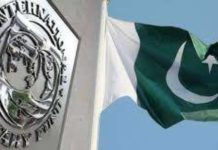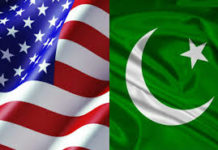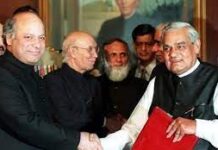By Muhammad Luqman
New energy projects will add another 10,000MW to Pakistan’s national grid, and help overcome energy shortages and massive load-shedding in the country within a few months, says federal minister Ahsan Iqbal.
Ahsan Iqbal said that the government made conscious efforts during the past four years to end the energy crisis, which hurt every sector of the economy and affected the country’s exports.
“When we came into power after winning the general elections, the country was facing the worst energy crisis in its history, with power outages of as long as 20 hours a day,” the minister said; adding that, at present, load-shedding had been drastically reduced to just few hours a day.
He said various measures taken by the government, including energy projects that would add 10,000MW to the national energy supply, would end the energy crisis in the country.
By redressing the energy shortfall, the government was keen to boost economic productivity, he added.
The minister said, under the China Pakistan Economic Power Corridor (CEPC), the private sector had invested $36 billion into the energy sector — and this was not in the form of loans.
He said, as a result of this massive investment, Pakistan would soon be free of load-shedding.
He highlighted Chinese investment in the coal sector and said Pakistan had coal reserves that were sufficient for 400 years.
Responding to a question about the trade imbalance, the Minister said that import bill rose mainly on account of importing machinery that was needed for various projects. After completion of these projects, Pakistan would be able to increase its productivity which would boost exports.
He also added that as a result of energy deficiency, many factories were forced to close and this negatively impacted the country’s exports.
However, he hoped, after the addition of more capacity to the national grid, these factories would work full hours and help boost exports.
The minister said that the PML-N government had taken several initiatives in the education sector.
He said that Pakistan had fewer numbers of PhDs compared to its peers.
He said, in the United States, there were more than 250,000 Chinese studying for PhD degrees while a country like Iran, which was facing American sanctions, had more than 15,000 PhD students. As compared to that, he added, there were only between 5000-6000 Pakistani PhD students here.















